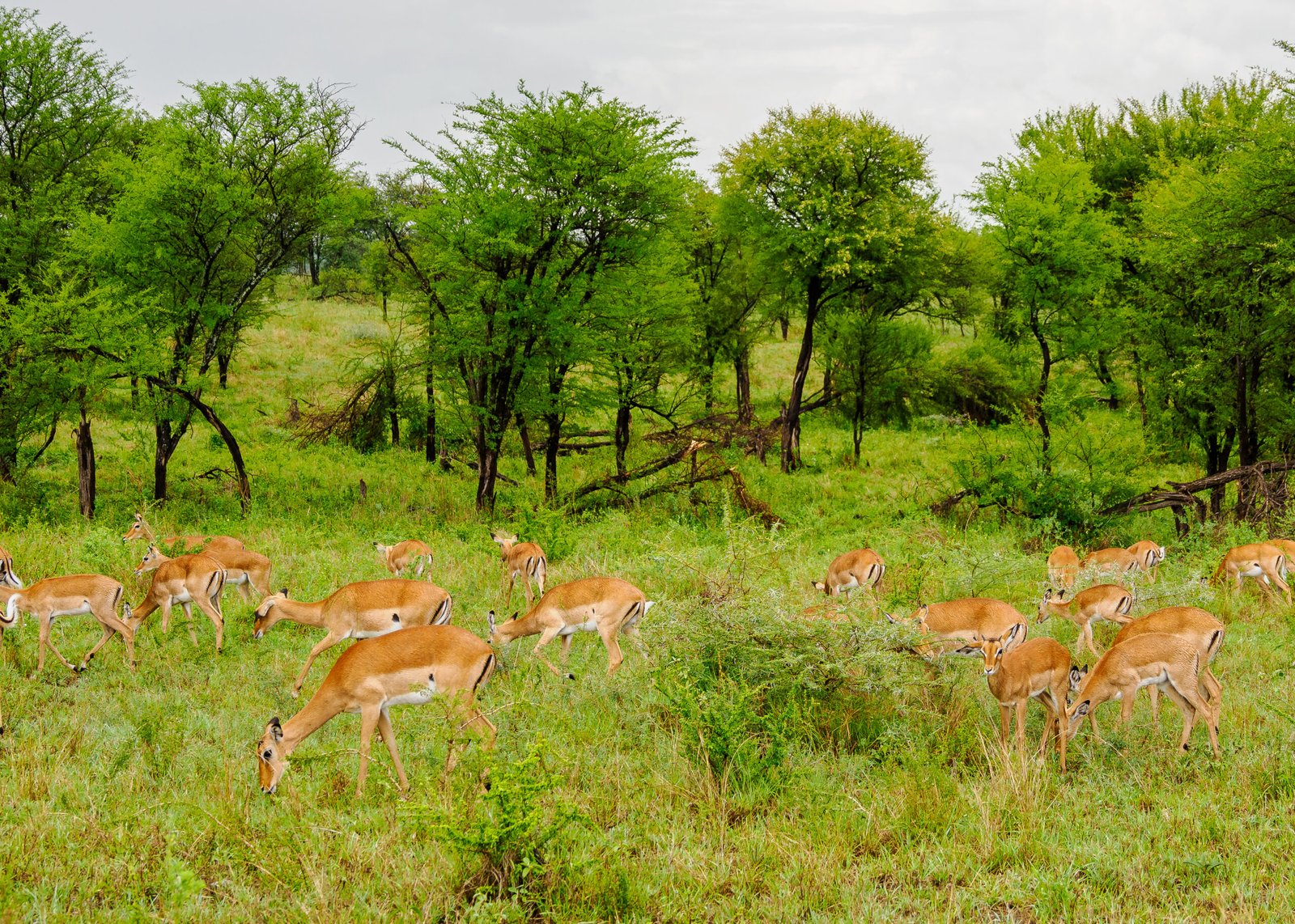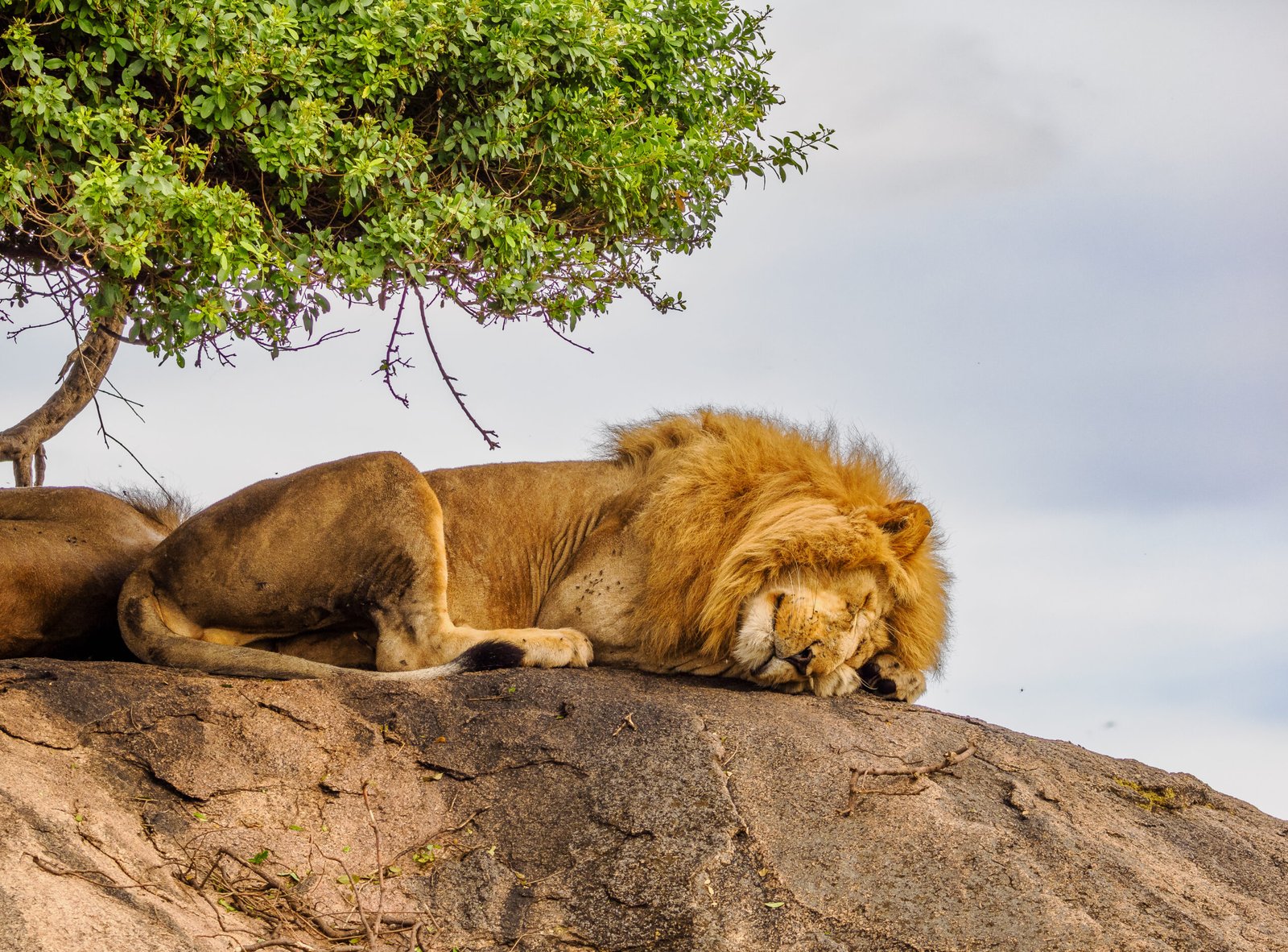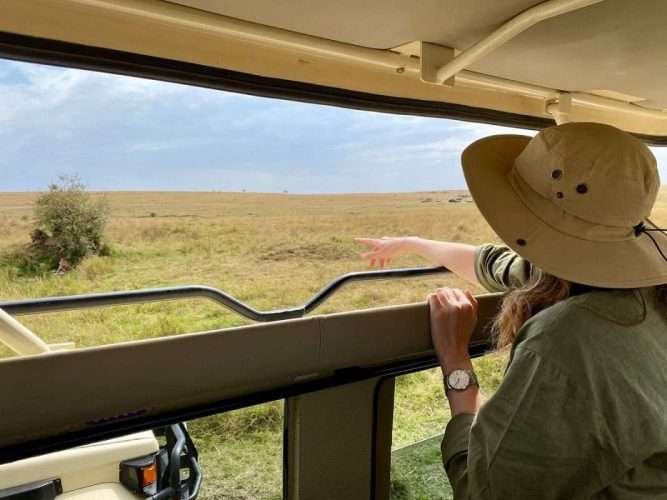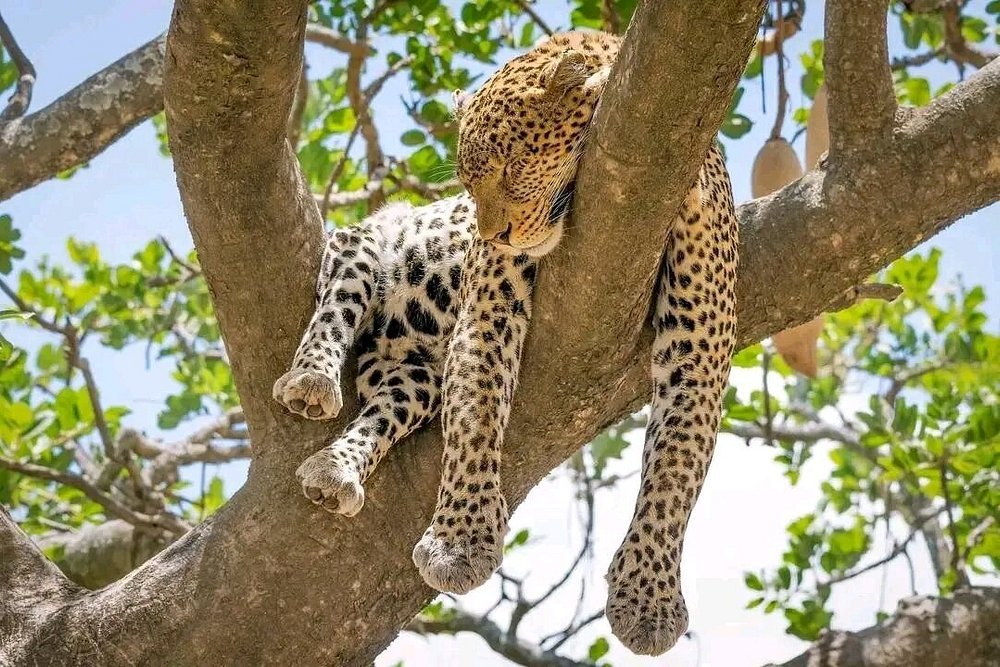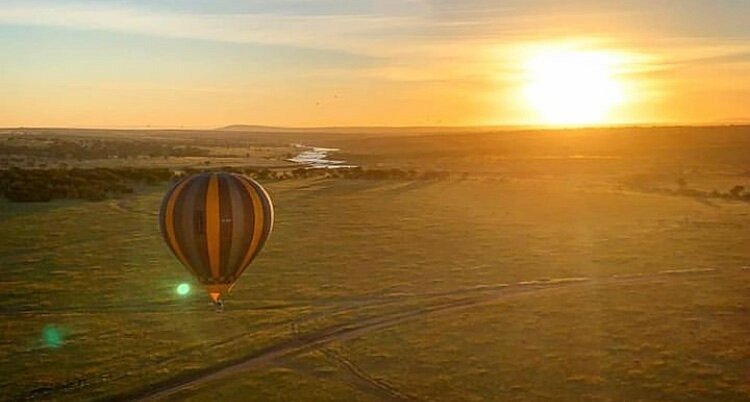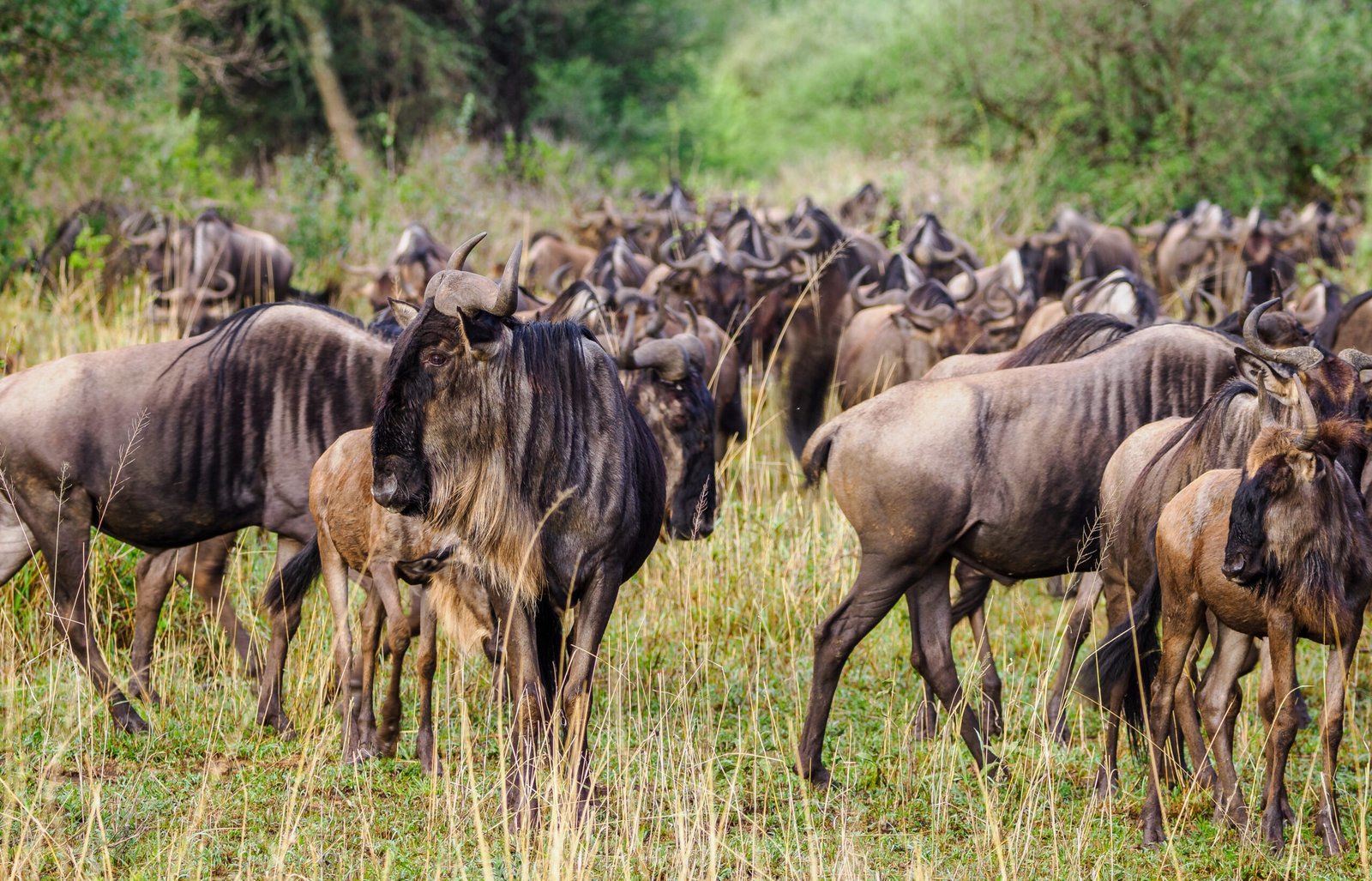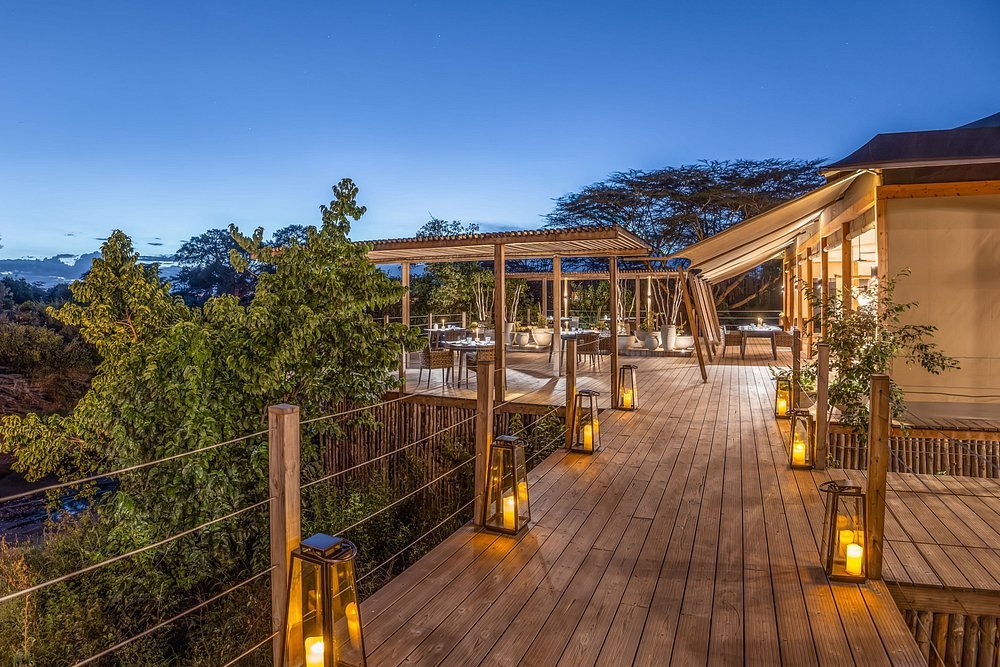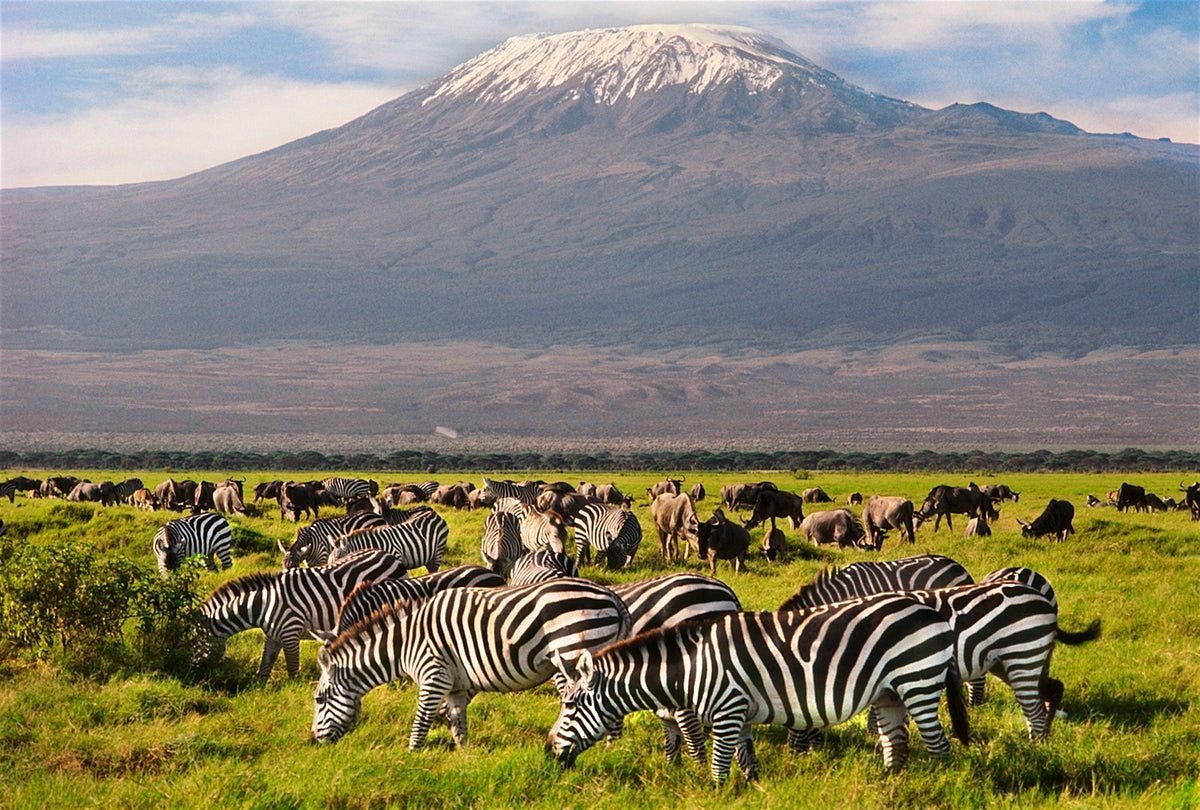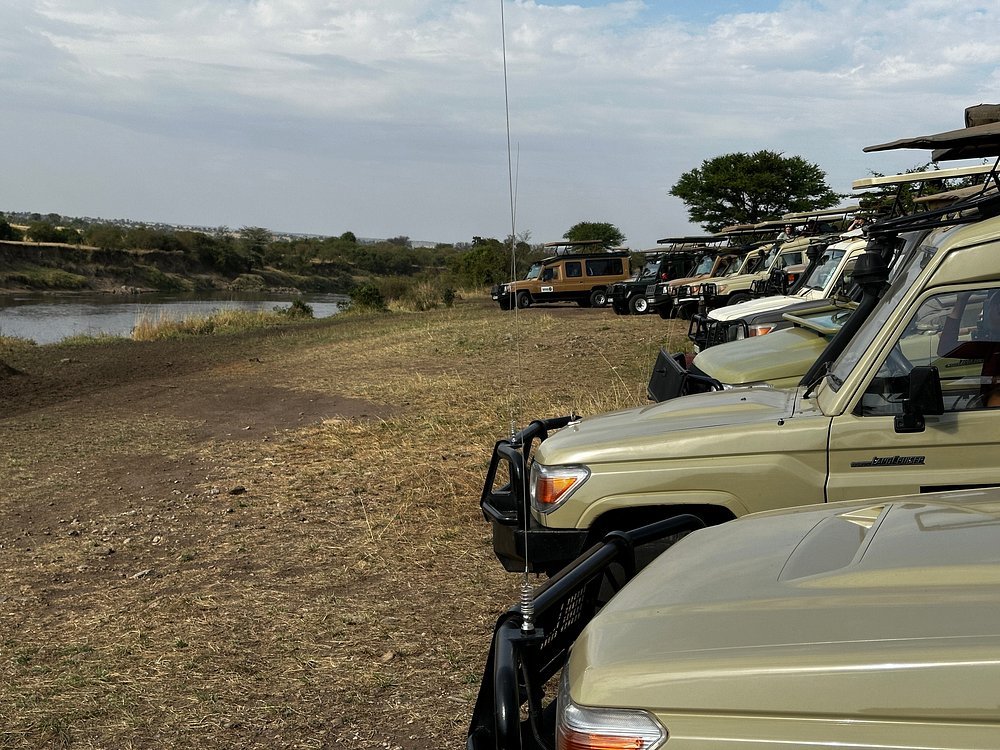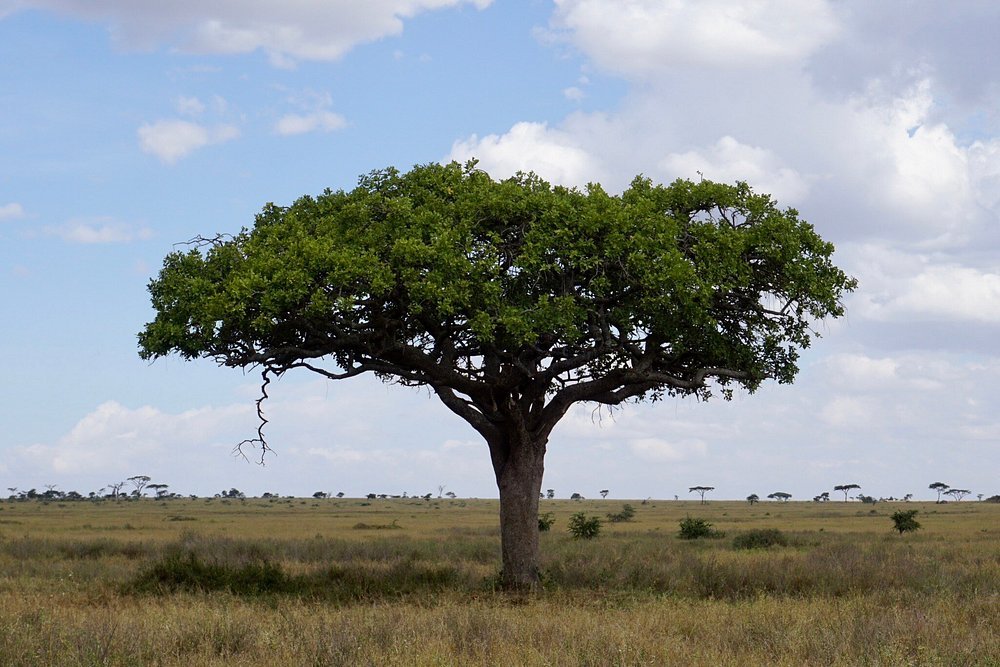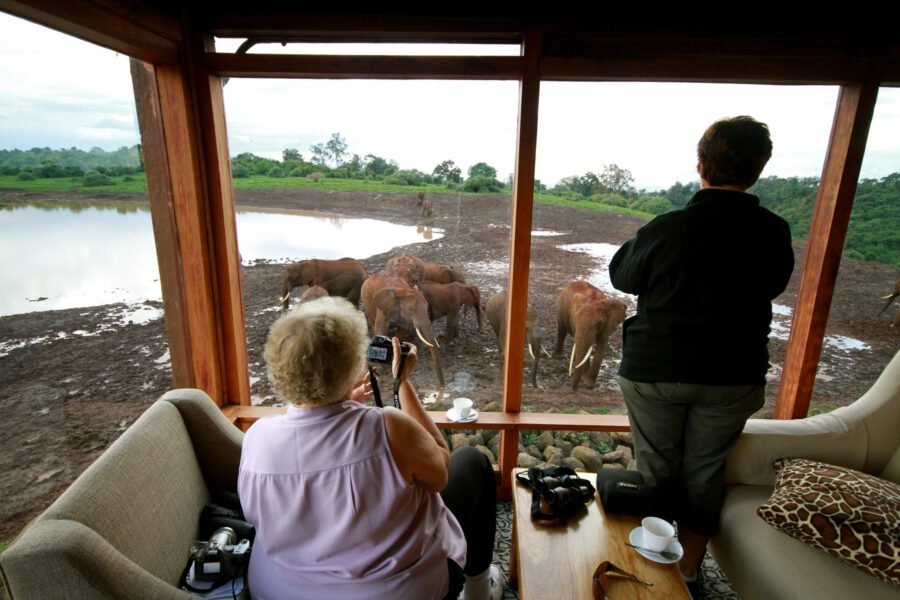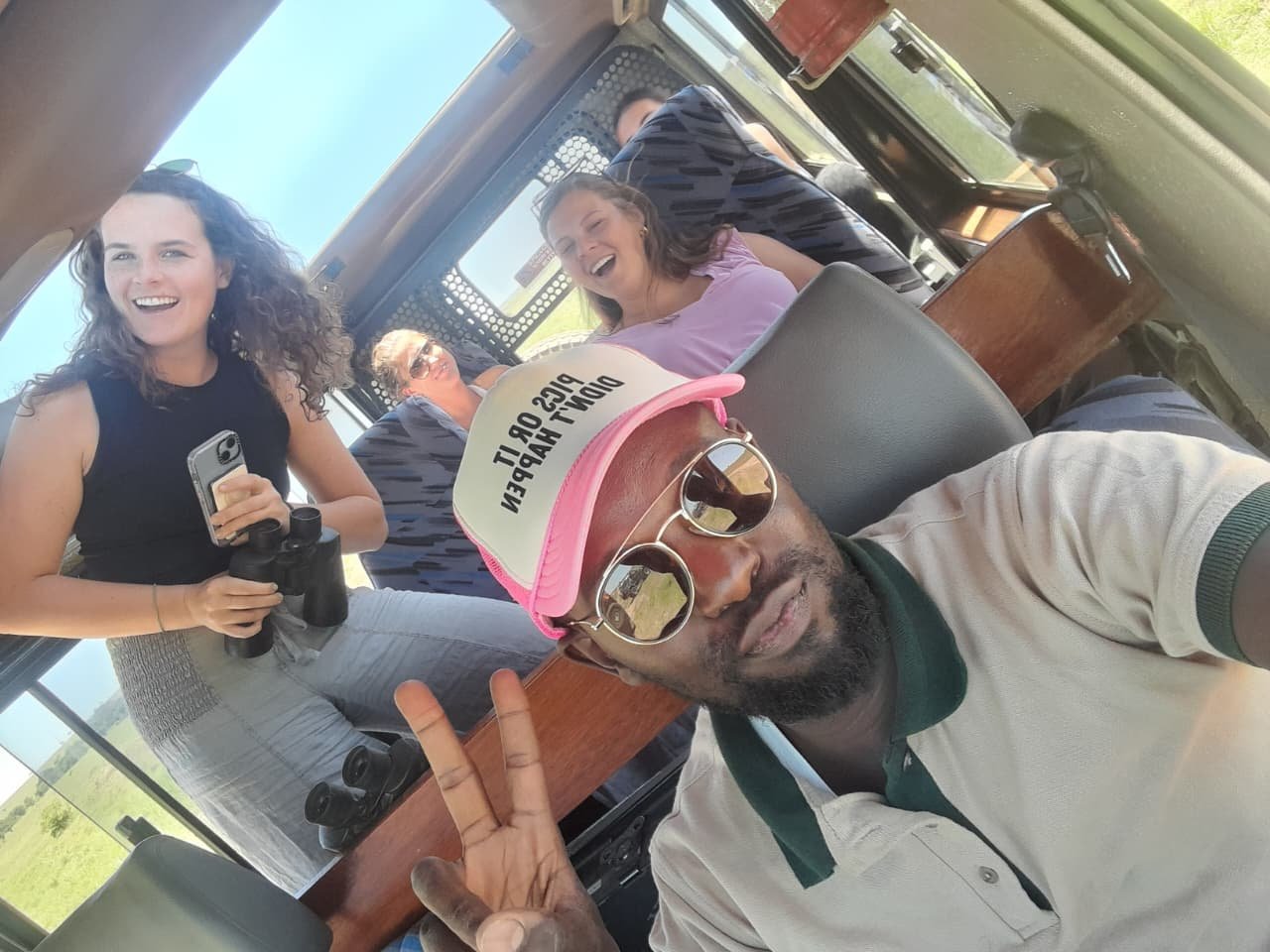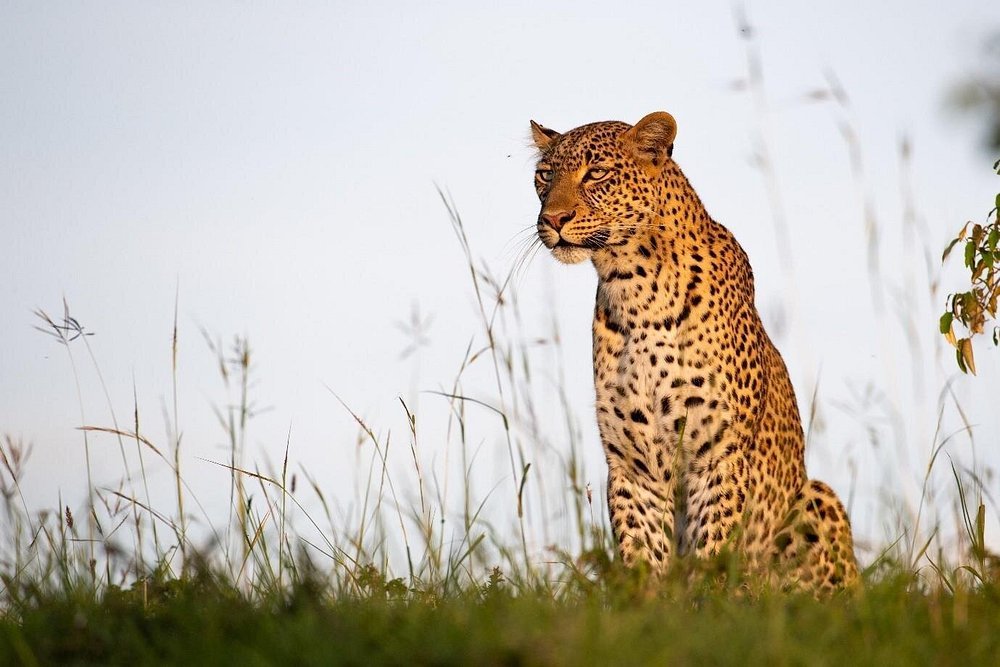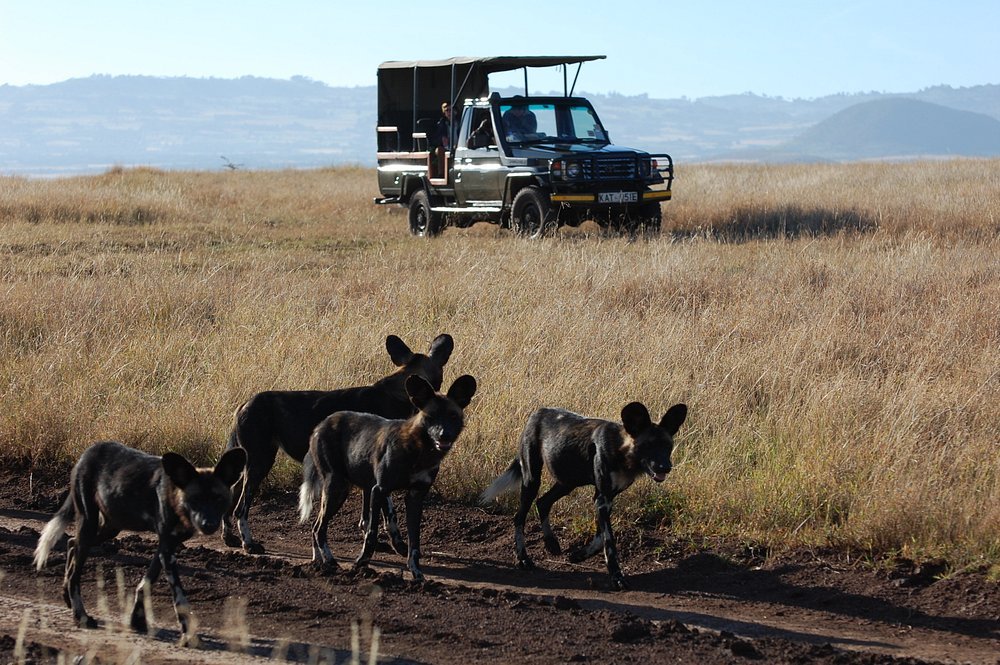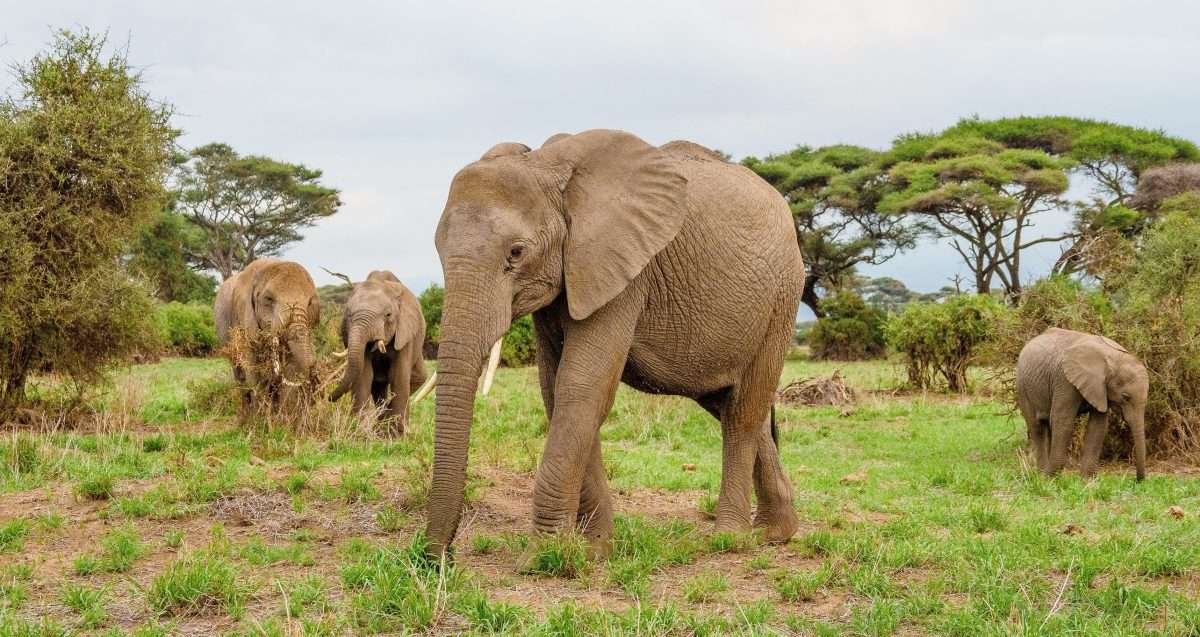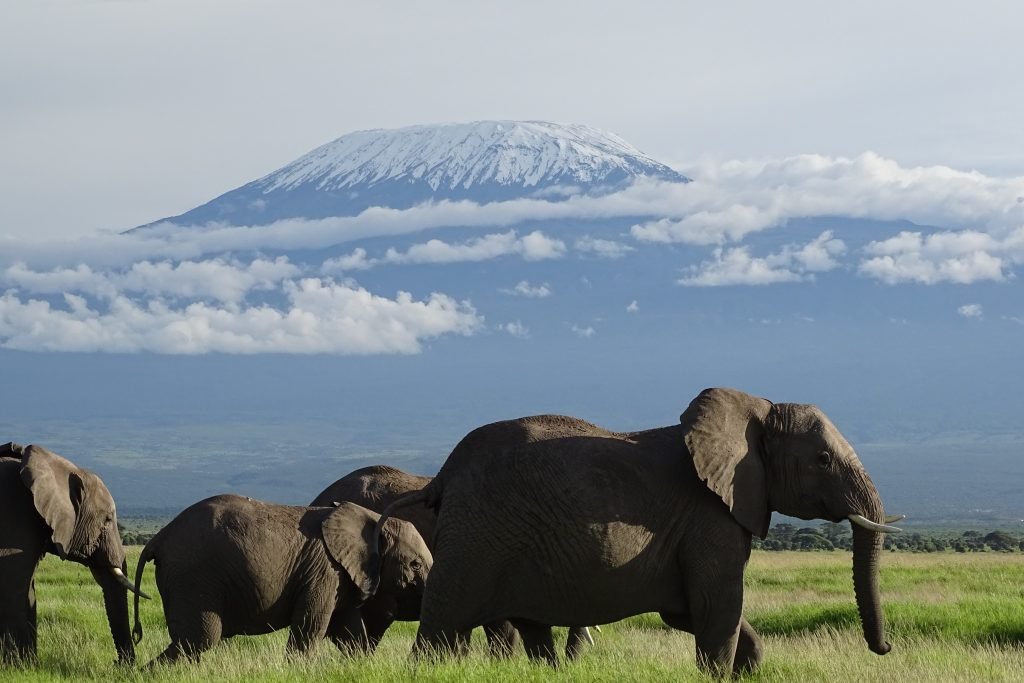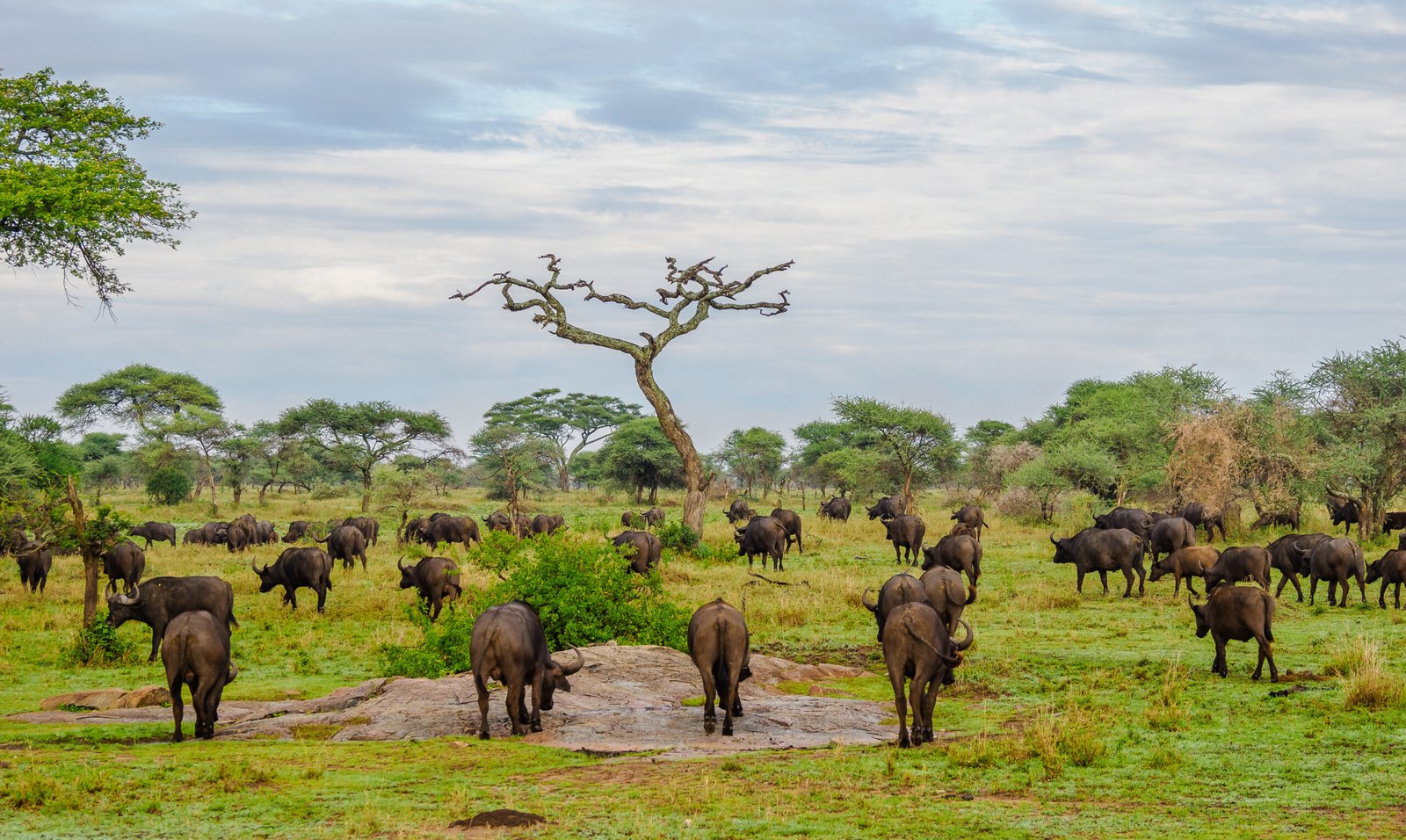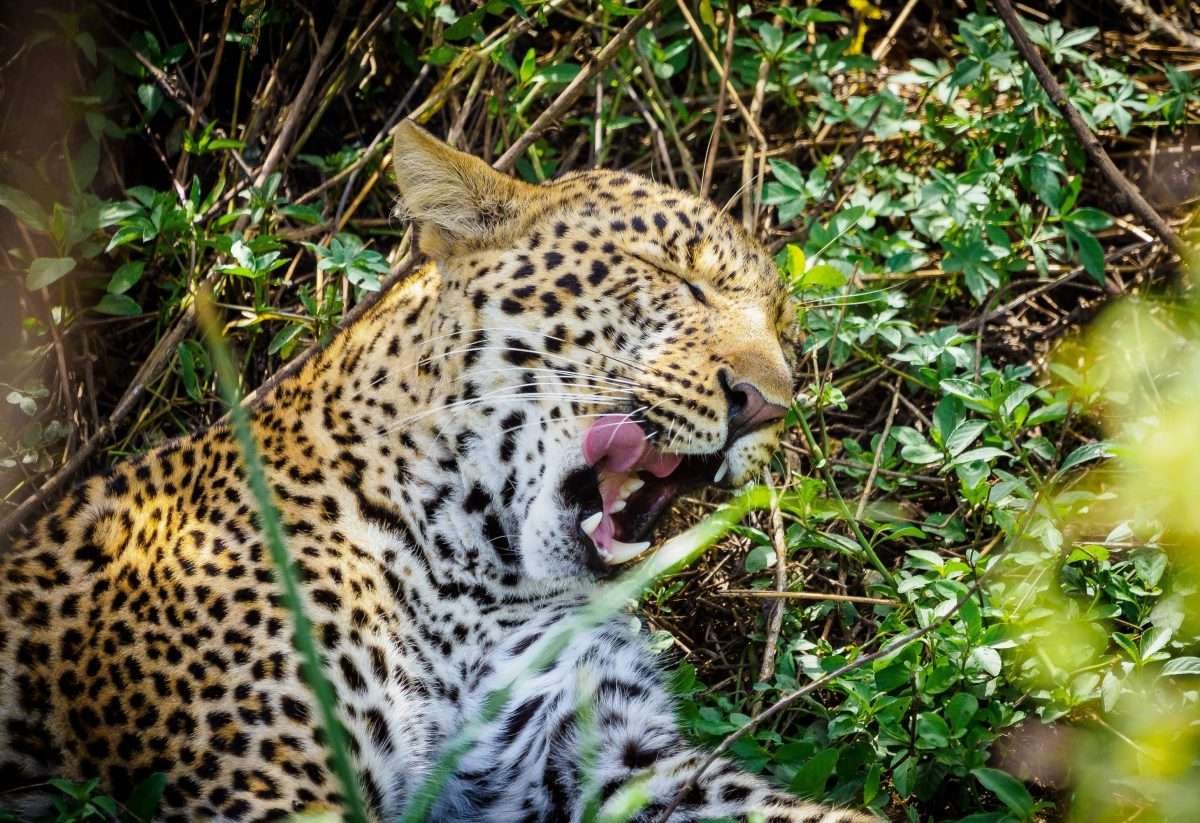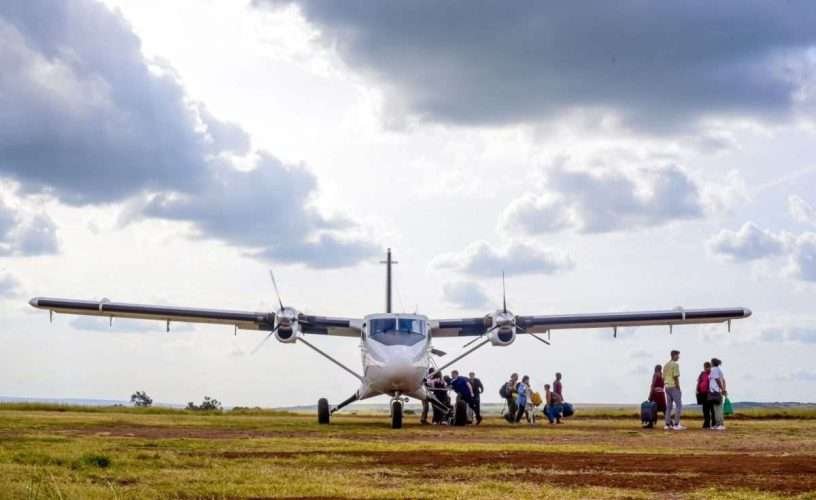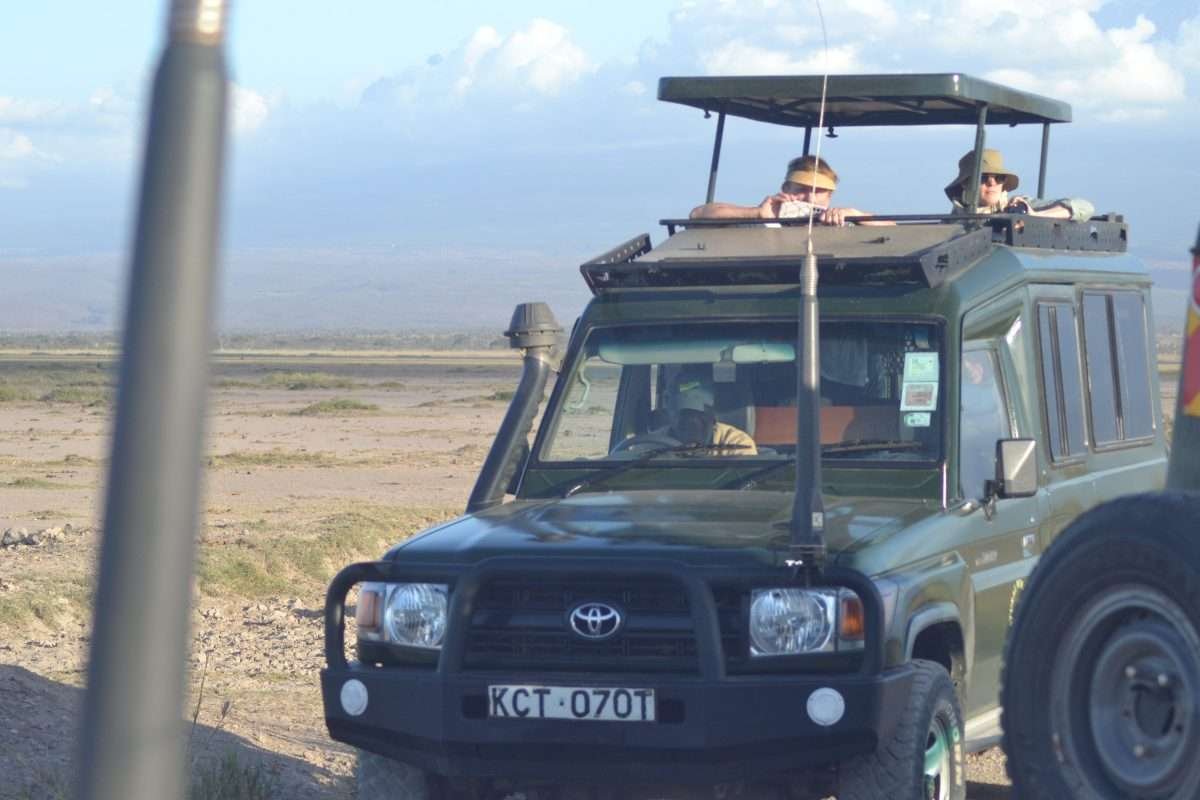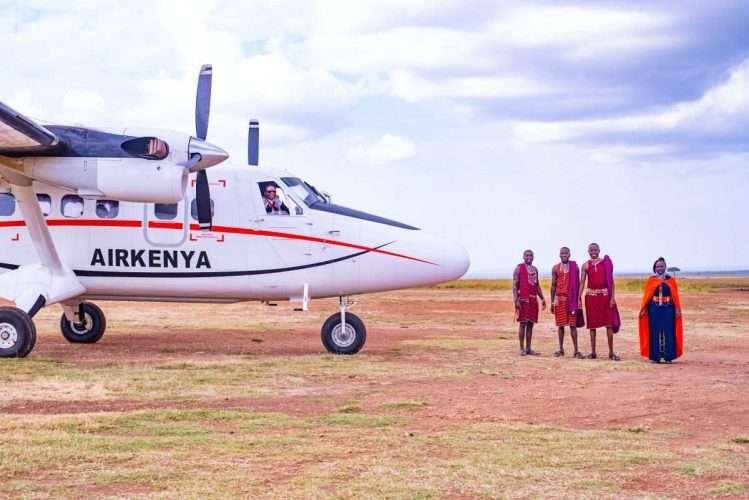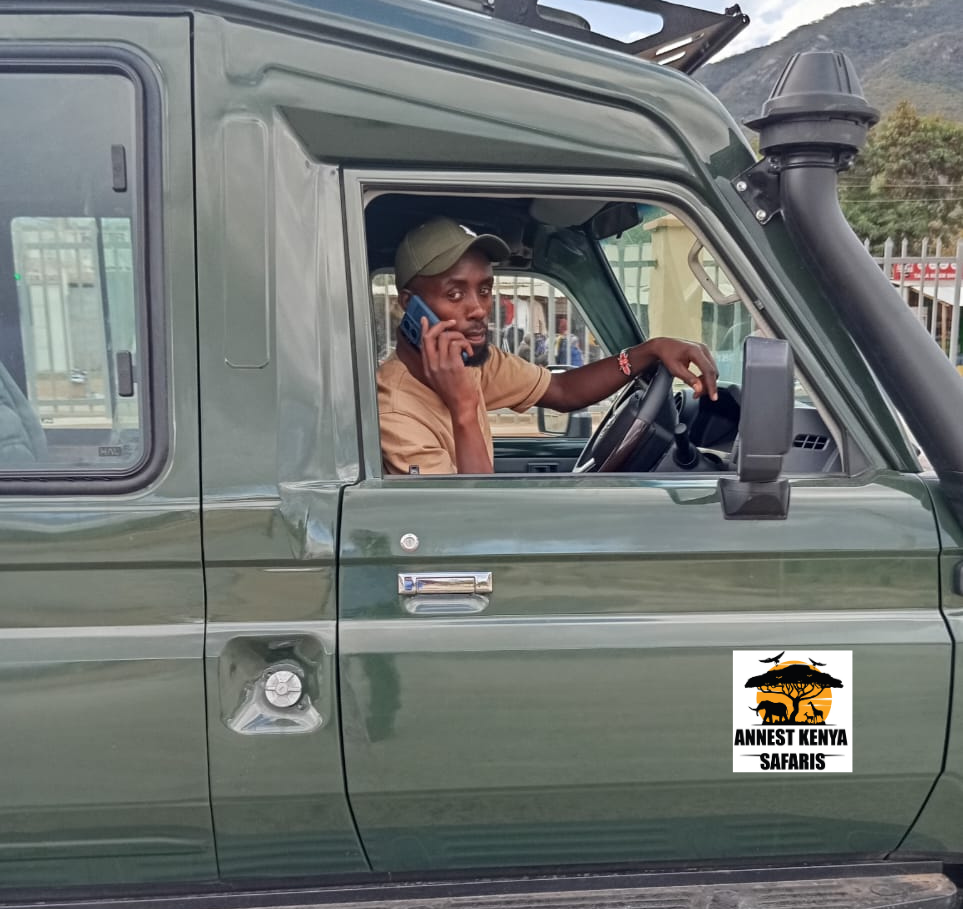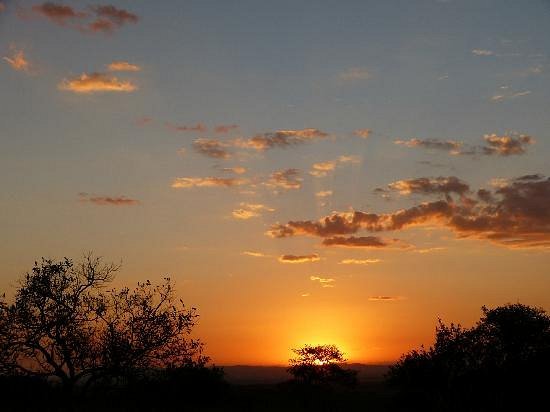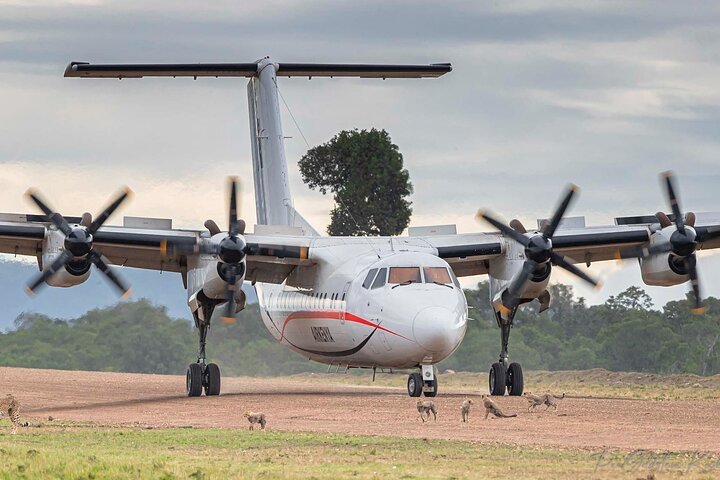Masai Mara National Reserve Safari Tours
Explore the Masai Mara National Reserve with Annest Kenya Safaris. Discover top-rated Masai Mara safari tours, luxury lodges, hot air balloon safaris, and the Great Migration — Kenya’s ultimate wildlife adventure.
Masai Mara Safari Tours – Discover the Iconic Masai Mara National Reserve
Welcome to the Masai Mara National Reserve, Kenya’s most legendary safari destination — where golden plains stretch endlessly, wildlife roams freely, and every sunrise feels like a scene from a nature documentary.
At Annest Kenya Safaris, we specialize in Masai Mara safari tours designed to immerse you in Africa’s wild beauty — from luxurious fly-in packages to affordable Masai Mara safaris and family-friendly adventures.
The Masai Mara National Reserve isn’t just a place; it’s a timeless experience — a land of predators, prey, and the unforgettable Great Migration Masai Mara spectacle.
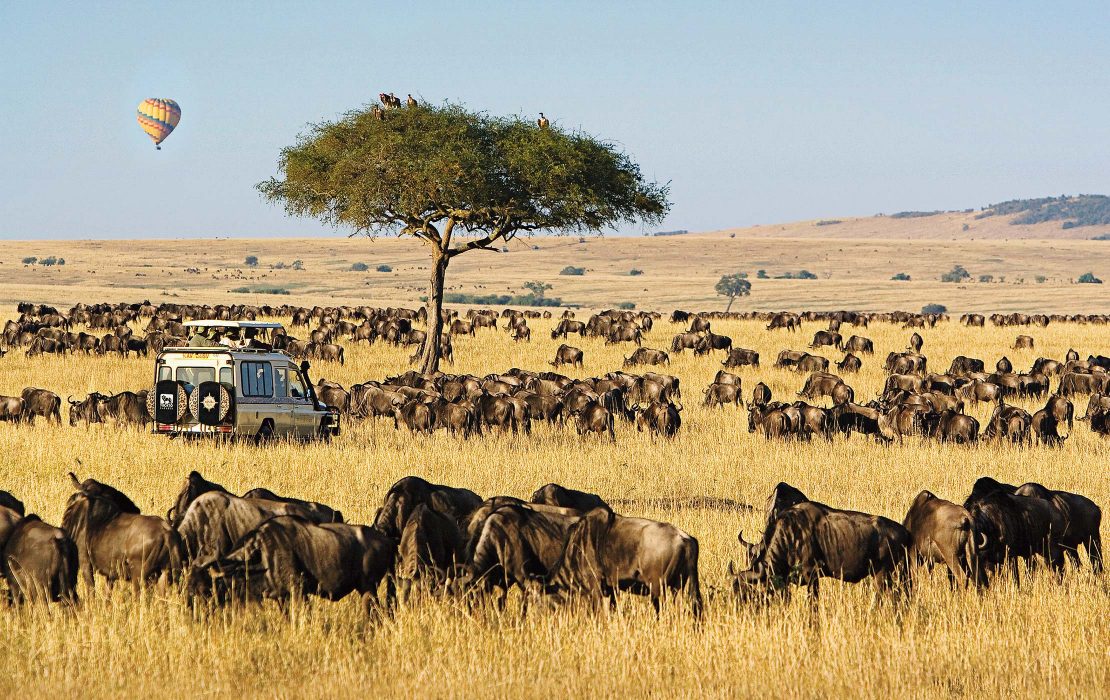
Masai Mara General Overview
The Masai Mara Game Reserve, officially known as the Masai Mara National Reserve, covers approximately 1,510 square kilometers in southwest Kenya. It forms part of the greater Serengeti ecosystem, creating a natural corridor for millions of wildebeest, zebra, and gazelles during the Great Migration Masai Mara.
Visitors on Masai Mara safari tours can expect unmatched wildlife diversity — over 95 mammal species and 450 bird species — making it one of the richest ecosystems in Africa.
Whether you’re looking for luxury Masai Mara safaris or private Masai Mara safaris, our expert team ensures personalized experiences that reflect your travel style and passion for adventure.
How to Get to Masai Mara National Reserve
Accessing the Masai Mara National Reserve is simple and scenic.
By Road: From Nairobi, it’s a 5–6 hour drive through the Rift Valley escarpment, offering stunning landscapes and photo stops.
By Air: Daily flights from Wilson Airport land in the heart of the Masai Mara National Reserve in just 45 minutes — perfect for luxury Masai Mara safaris or quick weekend getaways.
You can also combine your experience with Kenya Tanzania safaris, linking the Masai Mara National Reserve to the Serengeti for an epic cross-border adventure.
Best Time to Visit Masai Mara National Reserve
The best time to visit Masai Mara National Reserve depends on your safari interests:
July to October: Witness the world-famous Great Migration Masai Mara, when millions of wildebeest cross the Mara River.
December to February: Excellent for predator sightings, ideal for photographers.
March to June & November: Green season — fewer tourists and excellent birdlife, perfect for affordable Masai Mara safaris.
No matter when you visit, the Masai Mara National Reserve delivers incredible wildlife encounters year-round.
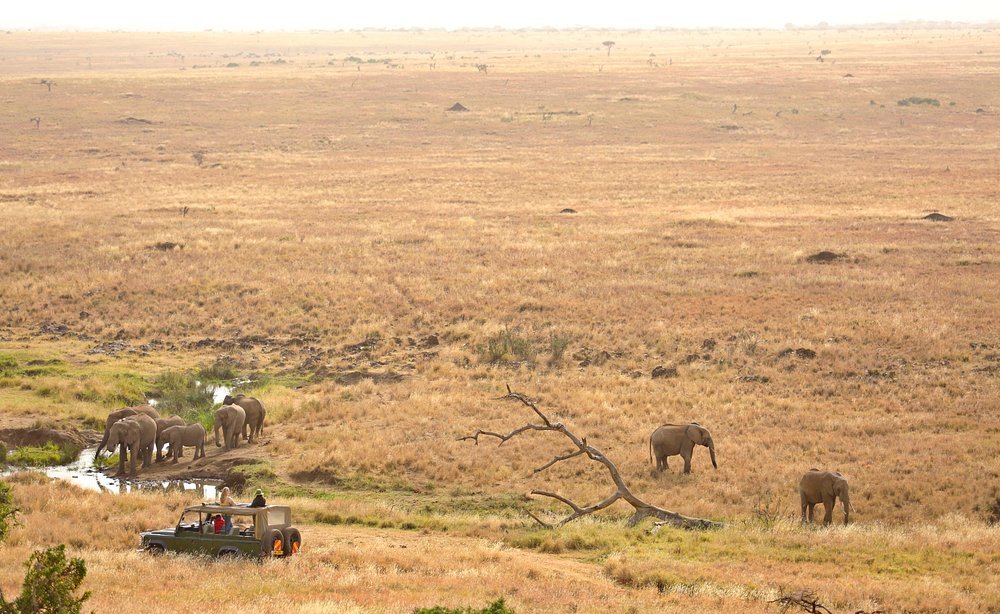
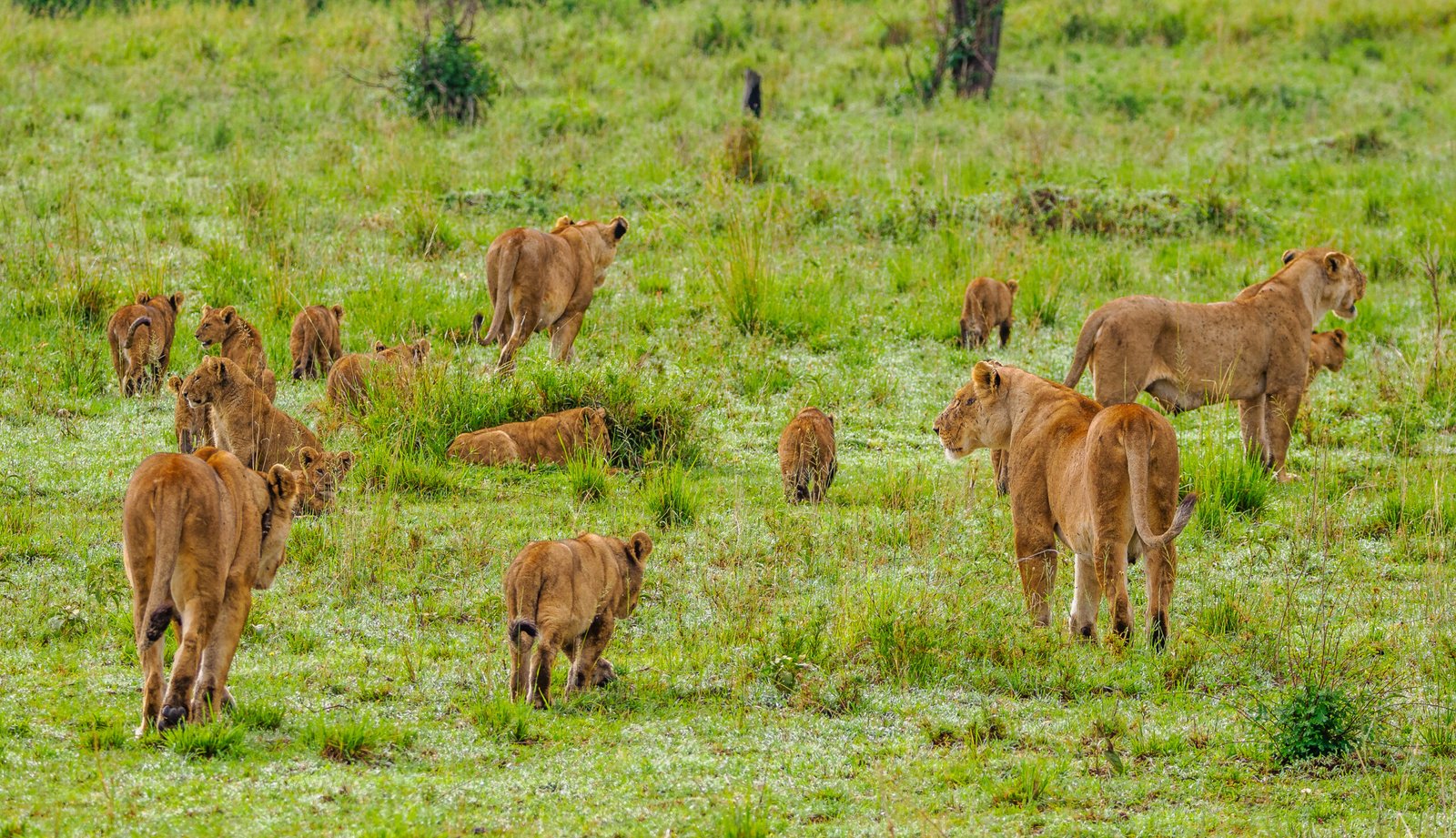
Masai Mara National Reserve Wildlife & Landscape
The Masai Mara National Reserve is home to the Big Five — lions, leopards, elephants, rhinos, and buffalo — plus cheetahs, giraffes, and hippos along the Mara River.
The scenery features sweeping grasslands, dotted acacias, and dramatic skies that define the classic African safari image.
For a truly breathtaking experience, add a Masai Mara hot air balloon safari — drift silently over the plains as the sun rises and wildlife awakens below.
Our Masai Mara National Reserve safari packages
Choose from a wide range of curated Masai Mara safari packages crafted by local experts:
Each trip is led by experienced guides and backed by our trusted Kenya tour operator reputation.
Fly-In Safaris from Nairobi – Save Time, Travel in Style
Want to skip the long drives and elevate your safari experience? Our fly-in safaris from Nairobi offer fast, stylish access to Kenya’s top national parks. Departing from Wilson Airport, just minutes from your hotel, these flight safari packages let you reach the wilderness quickly — and in comfort.
Hop on a short scenic flight and land in the heart of the Masai Mara, Amboseli, or Samburu National Reserve, where your private guide and 4×4 await. Spend more time on game drives and less time on the road — perfect for luxury travelers, honeymooners, families, and those short on time.
Optional Activities in Masai Mara
Enhance your safari with unforgettable experiences:
Add-On Activities:
Hot Air Balloon Safari
Watch the sunrise from the sky, followed by a champagne bush breakfast
Maasai Village Visit
Learn about Maasai culture, customs, and traditions
Night Game Drives
Spot nocturnal animals (only in conservancies)
Walking Safaris
Track wildlife on foot with an armed guide (only outside the reserve)
Photography Safaris
Guided trips for enthusiasts and professionals
Masai Mara National Reserve Lodges & Camps – Accommodation Overview
From luxury tented camps to cozy eco-lodges, accommodation in the Masai Mara National Reserve caters to every traveler.
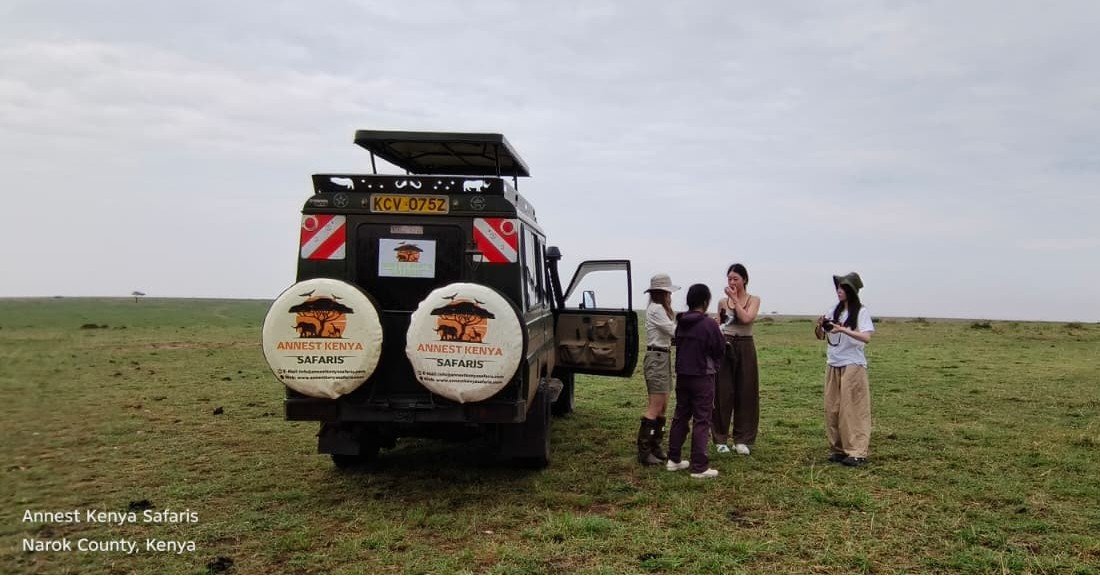
Points of Interest
Mara River: The iconic crossing point for the Great Migration Masai Mara
Mara Triangle: Best for predator sightings
Musaira Swamp: Ideal for elephant herds and birding
Mara North Conservancy: Perfect for private Masai Mara safaris
Maasai Villages: Engage with Maasai culture and traditions
Tip: Combine your visit with a Masai Mara hot air balloon safari for unforgettable sunrise views over the plains.
Why Choose Annest Kenya Safaris
Top Safari Company in Kenya – Local expertise, licensed guides, and exceptional reviews
Specialists in Masai Mara safari tours and cross-border Kenya Tanzania safaris
Custom 4×4 Land Cruisers with open roofs for the perfect photography experience
Ethical tourism supporting conservation and Maasai communities
24/7 personalized support for all your travel needs
Ready to explore the Masai Mara National Reserve? Book your Masai Mara safari packages today with Annest Kenya Safaris — your trusted Kenya tour operator.
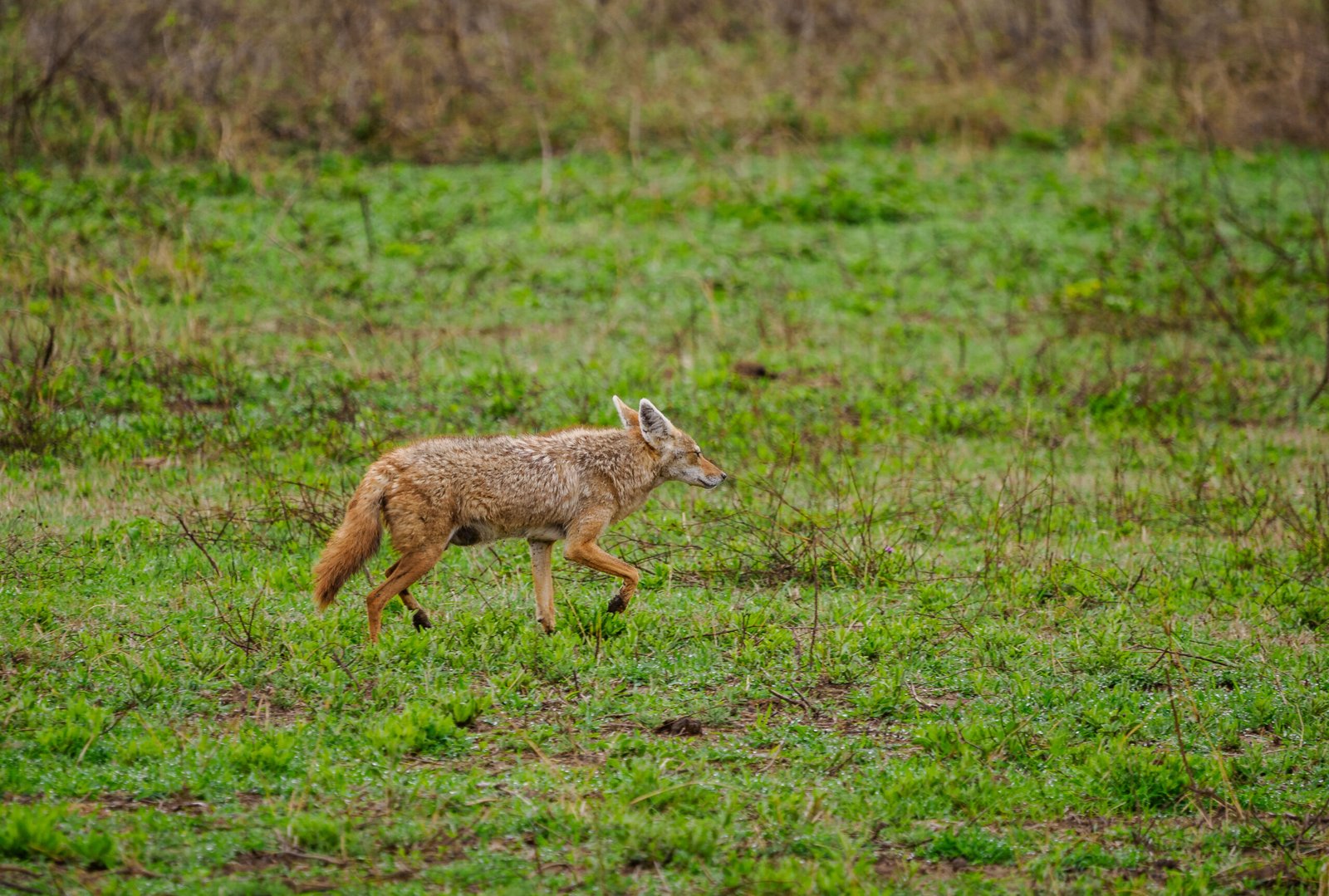
This is the Masai Mara National Reserve
Where raw nature, vibrant culture, and breathtaking landscapes come together.
Whether you’re witnessing lions on the hunt, floating on a Masai Mara hot air balloon safari, or visiting a Maasai village — the Masai Mara National Reserve promises memories that will last forever.
When Do You Want to Visit?
Book your journey today and let us design your perfect Masai Mara safari tour.
Annest Kenya Safaris – crafting unforgettable experiences across the Masai Mara National Reserve and beyond.
FAQs – Masai Mara Safaris
The best time to visit Masai Mara National Reserve is from July to October for the Great Migration, though wildlife viewing is fantastic all year.
We recommend at least 3 days to explore multiple regions of the Masai Mara National Reserve — from the Mara Triangle to the central plains.
Yes! We offer luxury Masai Mara safaris for upscale experiences and affordable Masai Mara safaris for budget-conscious travelers.
Yes. The Masai Mara National Reserve is one of Kenya’s safest and most professionally managed parks.

